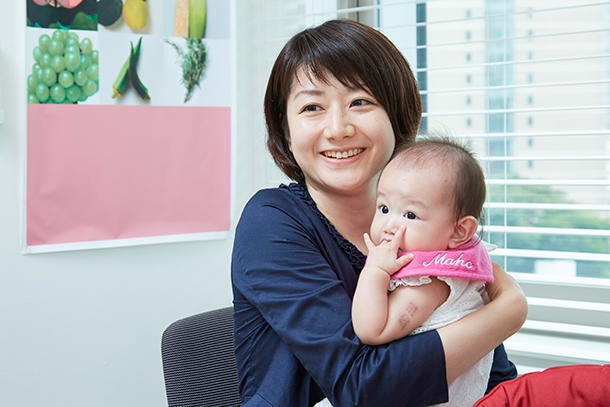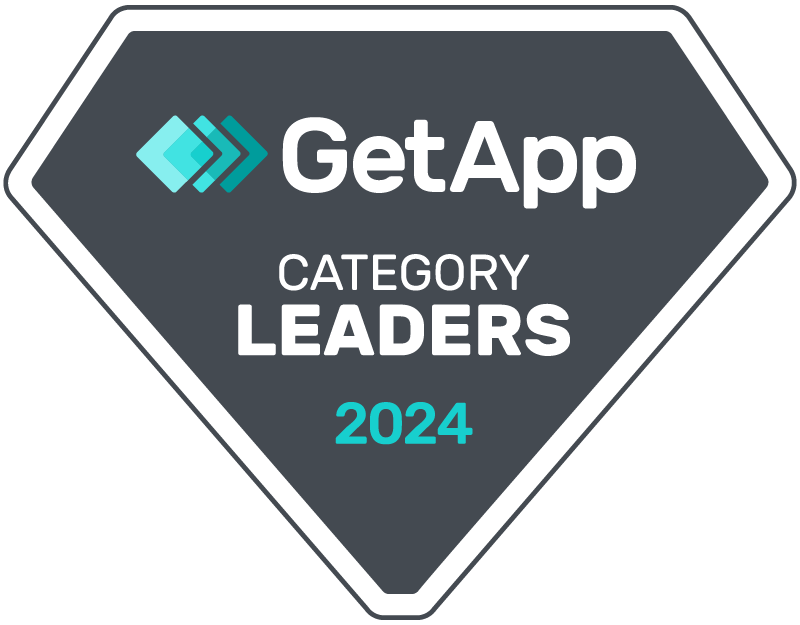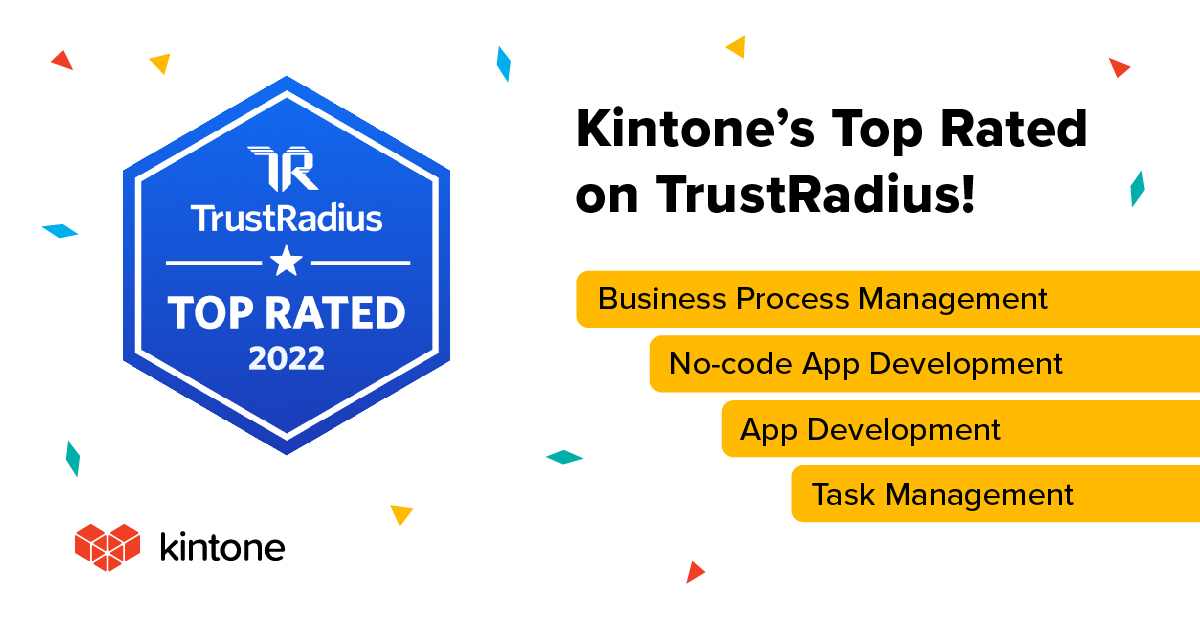For the fourth year in a row, Kintone's parent company Cybozu ranks among best workplaces in Japan for mid-size companies, in addition to receiving recognition as the best place for women to work.
Great Place to Work, considered the global authority on high-performing workplace cultures, announced the 2017 edition ranking of "Best Workplaces" in Japan. The ranking is based on an employee awareness survey and examining thousands of the best workplaces around the globe.
Cybozu championed its "100 types of workstyles for 100 people" human resources system over a decade ago. Today, the company continues to evolve the idea and preach the benefits that come with adapting to an individual's work style needs, rather than conforming to the one way, place and time of working.
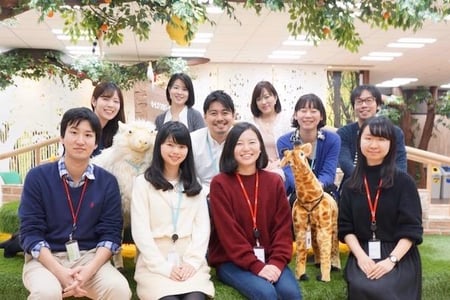 With offices in Asia, Australia and the United States, Cybozu believes creating a society full of teamwork starts internally with its own employees.
With offices in Asia, Australia and the United States, Cybozu believes creating a society full of teamwork starts internally with its own employees.
This mission has led to developing programs like its "Career Mama Internship" for mothers returning to work.
"After 16 years of raising my children, I didn't have the confidence I'd be able to return to the workforce," says Naomi Ehara, who joined Cybozu as a full-time employee after completing the Career Mama Internship last year. "I thought my skills were all gone, and I wasn't sure if I could work just the way I used to. But after I started working again I realized that it's still there. My skills aren't completely lost. It just takes time and support to successfully make the transition."
Cybozu, founded in 1997 by three Panasonic engineers out of a garage, didn't always have a progressive outlook on human resources. The young company had a rosy beginning, becoming one of the fastest companies to IPO in Japanese history when it went public in 2000. As Cybozu continued to maintain a steady hold in Japan as the No. 1 "groupware" provider, the company was dealing with a major crisis.
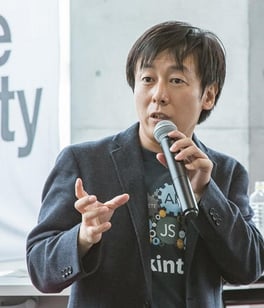 Nearly one third of employees were leaving the company each year, taking with them accumulated company knowledge and a sense of organizational unity.
Nearly one third of employees were leaving the company each year, taking with them accumulated company knowledge and a sense of organizational unity.
Cybozu leaders knew they needed to secure competent human resources in order to achieve long-term growth. This led to the creation of comprehensive support system for maternity and childcare beyond the legal guideline. It encouraged pre-maternity leave upon start of pregnancy and childcare leave for parents for up to six years. Cybozu co-founder and CEO Yoshihisa Aono took parental leave not just once, but three times for each of his children, generating headlines in a country where it was relatively unheard of for men in executive positions.
Another policy targeted the harsh working environment in Japan that pressured employees to prioritize work over family by taking on long hours and brutal commutes. With "100 workstyles for 100 employees," each person is allowed to choose his or her working style, which includes working from home, remotely or outside the traditional 9-5 hours. This policy supports not only employees in the midst of maternity and childcare, but all employees needing greater flexibility.
"We strive to design the personnel system aiming to enable every employee to work in the way and with the reward he/she 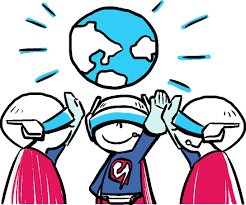 wishes, regardless of gender, based on the value of each person's individuality," Aono said. "We pursue every employee's well-being through the personnel system that places a higher value on individuality than on impartiality."
wishes, regardless of gender, based on the value of each person's individuality," Aono said. "We pursue every employee's well-being through the personnel system that places a higher value on individuality than on impartiality."
Thanks to these efforts for creating more comfortable workplaces at Cybozu, the job turnover, which was at its peak of 28% in 2005, decreased to 4% in 2012. Compared to the time when the ratio was high, the average recruitment cost for each employee has now been curbed to its previous 1/3 or so, and education cost down to its previous 1/2. The female ratio of new student employees has also been increasing.
About the Author
Nicole is Director of Marketing at Kintone, with 10+ years experience in content strategy, campaign management, lead acquisition and building positive work cultures of empowered, purpose-driven team members. She spent seven years as a journalist, previously serving as a CBS San Francisco digital producer, NPR contributor, Patagon Journal deputy editor and reporter for several publications, including the Chicago Tribune. She's passionate about the tech for good space, social entrepreneurship and women leadership. On the weekends, you’ll likely find her putting her Master Gardener skills to use in at community gardens in Oakland.



